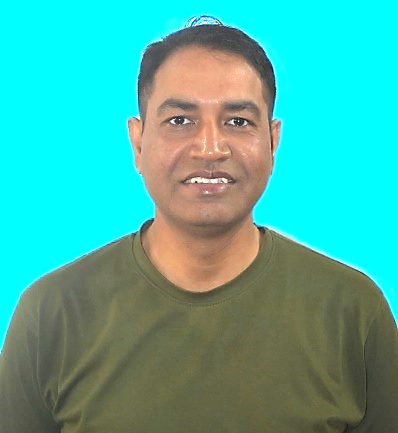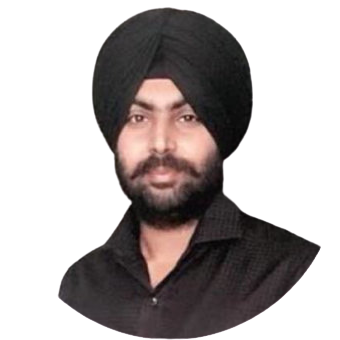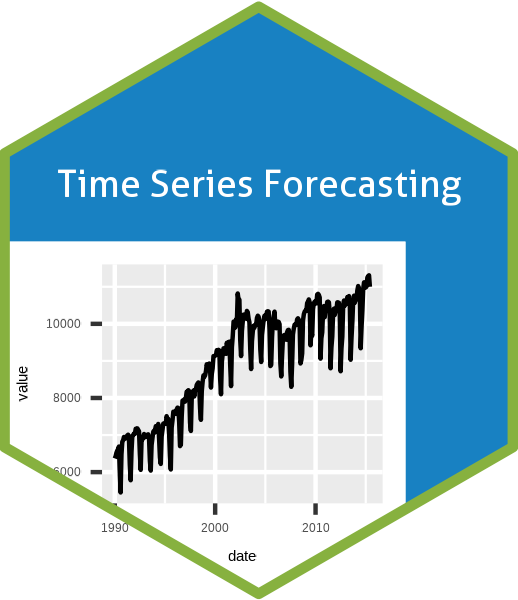Welcome to the world of Time Series Analysis and forecasting!!
Pre conference Hands-on workshop: Time Series Forecasting Using R: IPHACON 2024

🗓 14 March, 2024
⏰ 09:00 - 13:00
Overview
Time series forecasting has emerged as a crucial analytical approach in epidemiology due to its potential to predict future disease patterns, identify emerging trends, and inform public health planning. Epidemiologists and health officials use time series data to track and analyze the occurrence of infectious diseases, chronic illnesses, and other health-related events over time. This rationale aims to elucidate the significance of time series forecasting in epidemiology, outlining its advantages, challenges, and real-world applications in combating disease outbreaks and shaping effective healthcare interventions. The relevance of Time Series Forecasting in Epidemiology is multifaceted. Firstly, it enables an understanding of the dynamic nature of Infectious Diseases. The number of cases fluctuates over time, influenced by factors such as human behaviour, vaccination campaigns, climate, and pathogen evolution. Time series forecasting techniques enable researchers to understand these complex dynamics and predict future disease spread patterns accurately. Secondly, effective resource allocation is essential for managing epidemics and ensuring the optimal use of limited healthcare resources. Time series forecasting provides insights into disease trends, enabling health officials to allocate resources proactively and respond swiftly to potential outbreaks, minimizing their impact. Thirdly, Epidemiologists and policymakers utilize time series forecasting to devise targeted intervention and control strategies. By identifying high-risk periods, population segments, and geographic areas, public health measures such as vaccination campaigns, quarantine protocols, and public awareness campaigns can be effectively tailored.
The time series forecasting workshop is an introductory half day workshop planned as a pre-conference CME for the participants of IPHACON 2024. The workshop introduces the participants to the concept of time series, its features, characteristics and components. This is followed by introduction to time series analysis and commonly used ARIMA and ETS models.
Topics Covered
- Introduction to Time Series Data.
- Time Series Analysis and Visualization.
- Forecasting with ARIMA models
- Forecasting with ETS models
- Advanced Concepts: An overview to hierarchical models, deep learning models (eg LSTM) and Large Language Models (LLMs)
Resource Faculty
The resource faculty for the workshop are experienced professionals with expertise in spatial, time-series and spatiotemporal epidemiology, disease modelling, data science, health research, and public health practice.

Dr. Arun Kumar Yadav
Professor and Commanding Officer,
Armed Forces Medical Services,
India

Dr. Gurpreet Singh
Associate Professor & Senior Medical Officer,
Armed Forces Medical Services,
India
Contact
In case of queries please contact:
+91 986 881 5430 - Dr. Arun K Yadav
+91 855 205 5667 - Dr. Gurpreet Singh
Please reach out for additional queries: drgurpreet.md.afmc@gmail.com
 This work is licensed under a Creative Commons Attribution 4.0 International License.
This work is licensed under a Creative Commons Attribution 4.0 International License.
